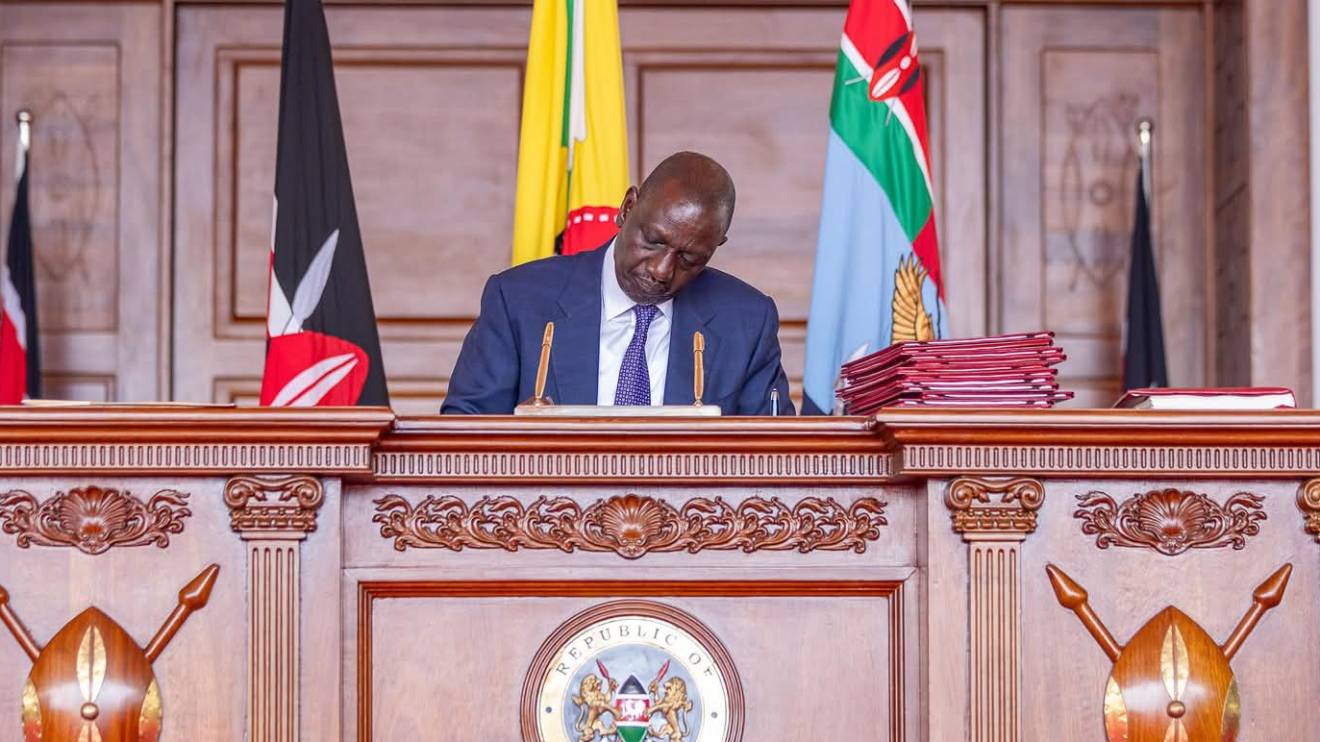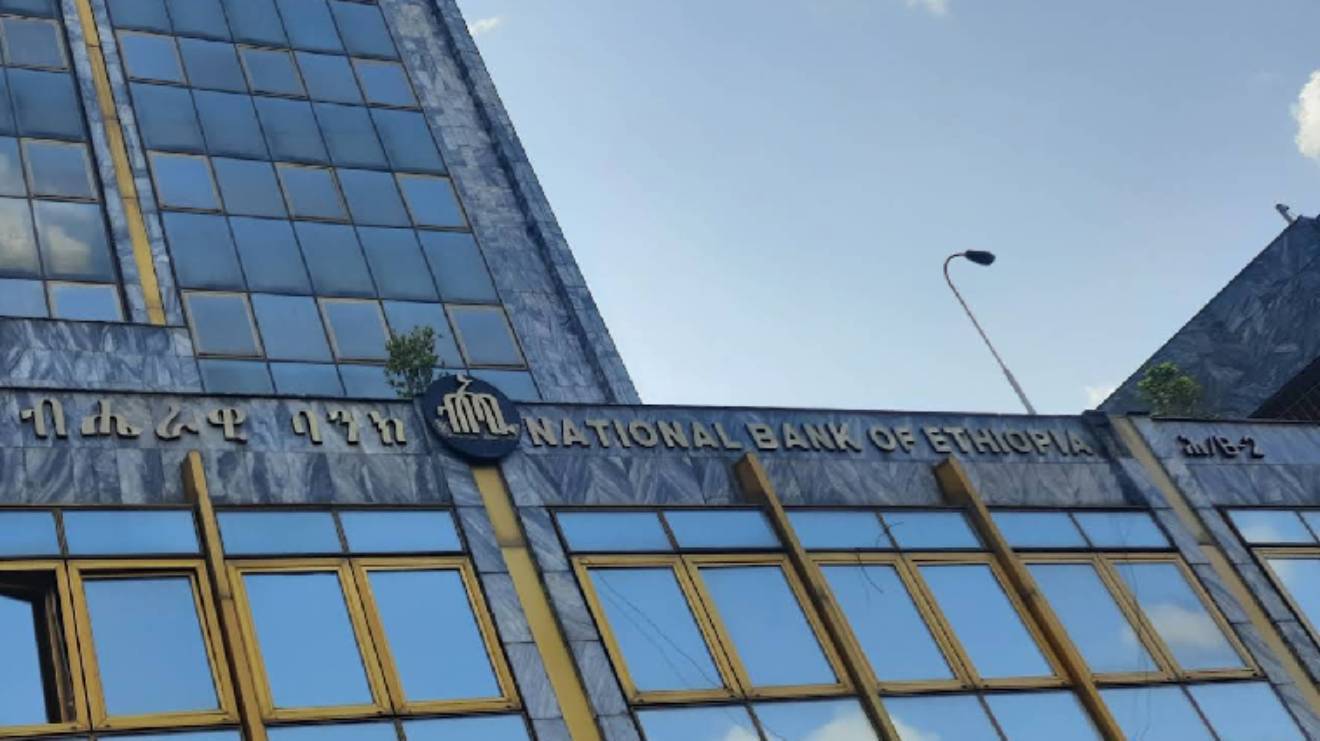President William Ruto has formally given his assent to the Finance Bill, 2025, officially enacting it into law following its passage through the National Assembly.
The signing, which took place at State House, Nairobi, also included the Appropriations Bill and the Supplementary Appropriation Bill, cementing the legislative foundation for the government’s fiscal policy in the upcoming financial year.
The Finance Act, 2025—sponsored by Kuria Kimani, MP and Chairperson of the Departmental Committee on Finance and National Planning—was published on May 6, 2025, read for the first time on May 25, and passed with amendments on June 19.
The new law amends a range of existing tax statutes, including the Income Tax Act, the Value Added Tax Act, the Excise Duty Act, the Tax Procedures Act, the Miscellaneous Fees and Levies Act, and the Stamp Duty Act.
Among the key changes, the Income Tax Act has been revised to ensure that employers automatically apply all relevant tax reliefs, deductions and exemptions to employees. Additionally, the daily tax-exempt subsistence allowance has been increased from Sh2,000 to Sh10,000.
Read More
Gratuities and allowances disbursed under pension schemes will now be fully exempt from income tax. According to the provision, “the Bill also amends the Income Tax Act to provide for exemption from income tax all payments of gratuity and allowances paid under a pension scheme.”
Telecommunication operators will benefit from an investment allowance deduction on the purchase of spectrum licences or rights to use fibre optic cables. Further incentives include exemptions and reductions in capital gains tax, notably for property transfers within special economic zones, securities traded under licensed exchanges, and certified large-scale investments.
To expand the tax base, the law now removes the Sh5 million threshold from the Significant Economic Presence Tax and introduces Advance Pricing Agreements for non-resident businesses. Betting transactions have also been targeted, with a change in income tax application now covering punters’ withdrawals.
The Finance Act also replaces the former digital assets tax with a 5 per cent excise duty on transaction fees charged by virtual asset providers. The stated aim is to “promote innovation and enhance investments in digital assets.”
Under amendments to the Value Added Tax Act, inputs, machinery and raw materials used to produce mosquito repellents—as well as imported repellents themselves—are now VAT-exempt. Additionally, local teas and packaging materials for tea and coffee have also received VAT relief.
Excise Duty changes include a 5 per cent levy on deposits made into betting wallets, gaming, lottery tickets and prize competitions. The new law also sets a 10 per cent excise on fees charged by virtual asset providers following the repeal of the Digital Asset Tax.
Micro-distillers have been exempted from automation, piping and mass flow meter requirements to “encourage investors to set up and grow micro-distilleries.” Ethanol and methanol importers will now need licences for importation, handling and distribution.
To tighten trade regulations, importers are now required to hold valid certificates of origin for goods entering Kenya. The Commissioner’s period for determining refund or tax offset applications has been extended from 90 to 120 days.
The Act provides that a portion of the Import Declaration Fee will support revenue enforcement initiatives.
It also exempts raw materials, inputs and machinery for the manufacture of mosquito repellents from the Import Declaration Fee and the Railway Development Levy—part of a broader push to lower production costs and aid the fight against malaria.
A 3 per cent Export and Promotion Levy has been introduced on goods such as ceramic tiles and sanitary fixtures, while iron bars and rods of non-alloy steel will now attract a 17.5 per cent levy.
These measures are intended to “boost local manufacturing and investments in the housing and steel industries.”
Lastly, the Stamp Duty Act has been amended to exempt from duty any property transfers by companies to shareholders as part of internal restructuring efforts. This is designed to “facilitate businesses to easily restructure and also enhance the ease of doing business.”
With the Finance Act now law, the full weight of its fiscal measures is set to shape Kenya’s economic environment for the year ahead.



-1750986800.jpg)



